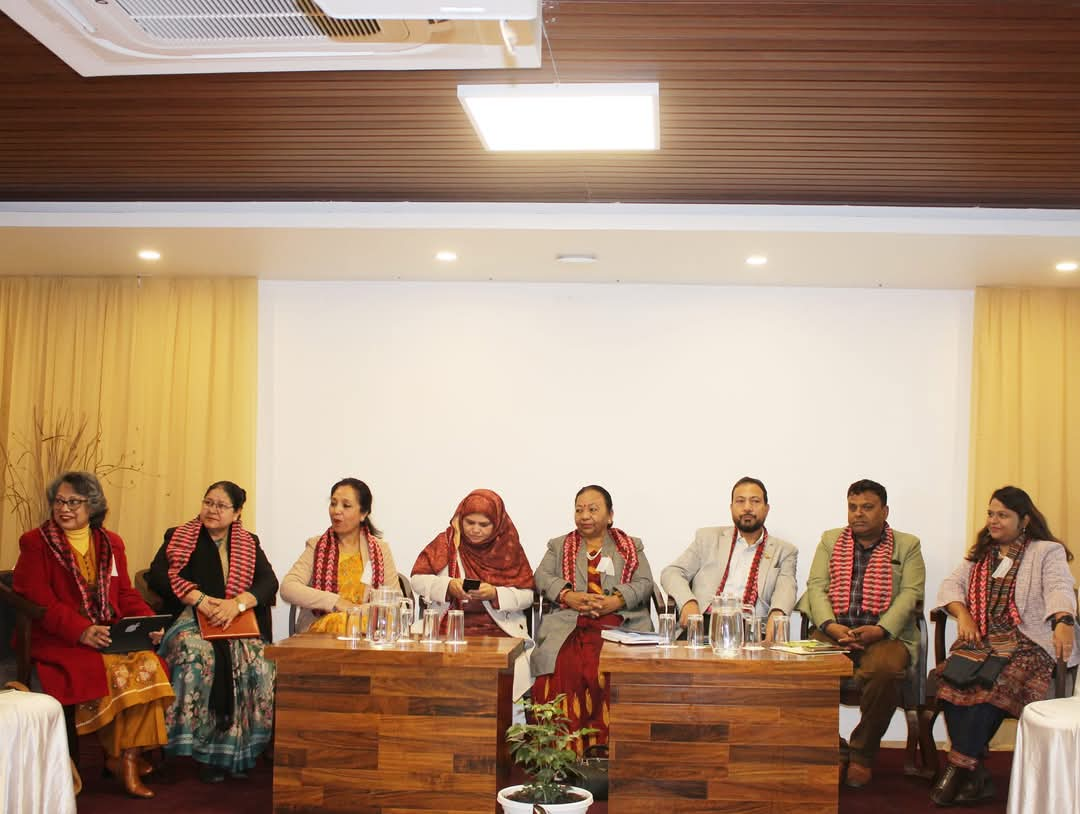The Nepal Muslim Women Welfare Society (NMWWS) has successfully conducted a National Consultation Program in preparation for the 90th session of the Committee on the Elimination of Discrimination Against Women (CEDAW). The event, focusing on the challenges faced by Muslim women in Nepal, marked a significant milestone in advancing gender equality and minority rights in the country.
Held in collaboration with UNWOMEN Nepal and Women for Action (WFA), the consultation brought together representatives from the government, civil society organizations (CSOs), media, and other stakeholders. Their collective effort enabled the submission of Nepal's First Shadow Report focusing on Muslim women to the CEDAW Committee—a crucial step in amplifying the voices of marginalized groups.
Addressing Barriers to Equality
Muslim women in Nepal face unique socio-economic and cultural challenges, ranging from limited access to education and healthcare to restrictive societal norms. The Shadow Report, developed with invaluable input from the consultation, provides a comprehensive analysis of these issues. It highlights discriminatory practices, lack of representation in decision-making roles, and gaps in policy implementation that perpetuate gender inequality within the Muslim community.
A Collaborative Platform
Speaking at the event, key government representatives emphasized the importance of inclusivity in policymaking. Civil society leaders advocated for stronger collaborations to bridge systemic gaps, while media professionals highlighted the role of storytelling in transforming societal attitudes.
"The National Consultation is not just a step but a leap toward recognizing and addressing the intersectional challenges faced by Muslim women. It showcases the power of collective advocacy," said a representative from NMWWS.
International Support for Local Advocacy
The success of the program was made possible by the financial and technical support of UNWOMEN Nepal and WFA. These organizations have been instrumental in fostering grassroots initiatives that align with global gender equality goals.
"We are committed to supporting initiatives that elevate the voices of underrepresented groups. The Shadow Report is a testament to the resilience and determination of Muslim women in Nepal," remarked a spokesperson from UNWOMEN Nepal.
The Way Forward
The Shadow Report will serve as a critical document for the CEDAW Committee, ensuring that the lived experiences of Muslim women in Nepal are considered in international human rights discussions. It also sets a precedent for other minority groups to advocate for their rights through similar platforms.
As Nepal moves toward fulfilling its commitments to the CEDAW Convention, the program underscores the importance of inclusive dialogue and action. The NMWWS, with its partners, remains dedicated to fostering change and ensuring that the voices of Muslim women resonate at national and international levels.
For more stories on human rights and social justice in Nepal, stay tuned to Ecosphere News-your gateway to inclusive development and environmental advocacy.